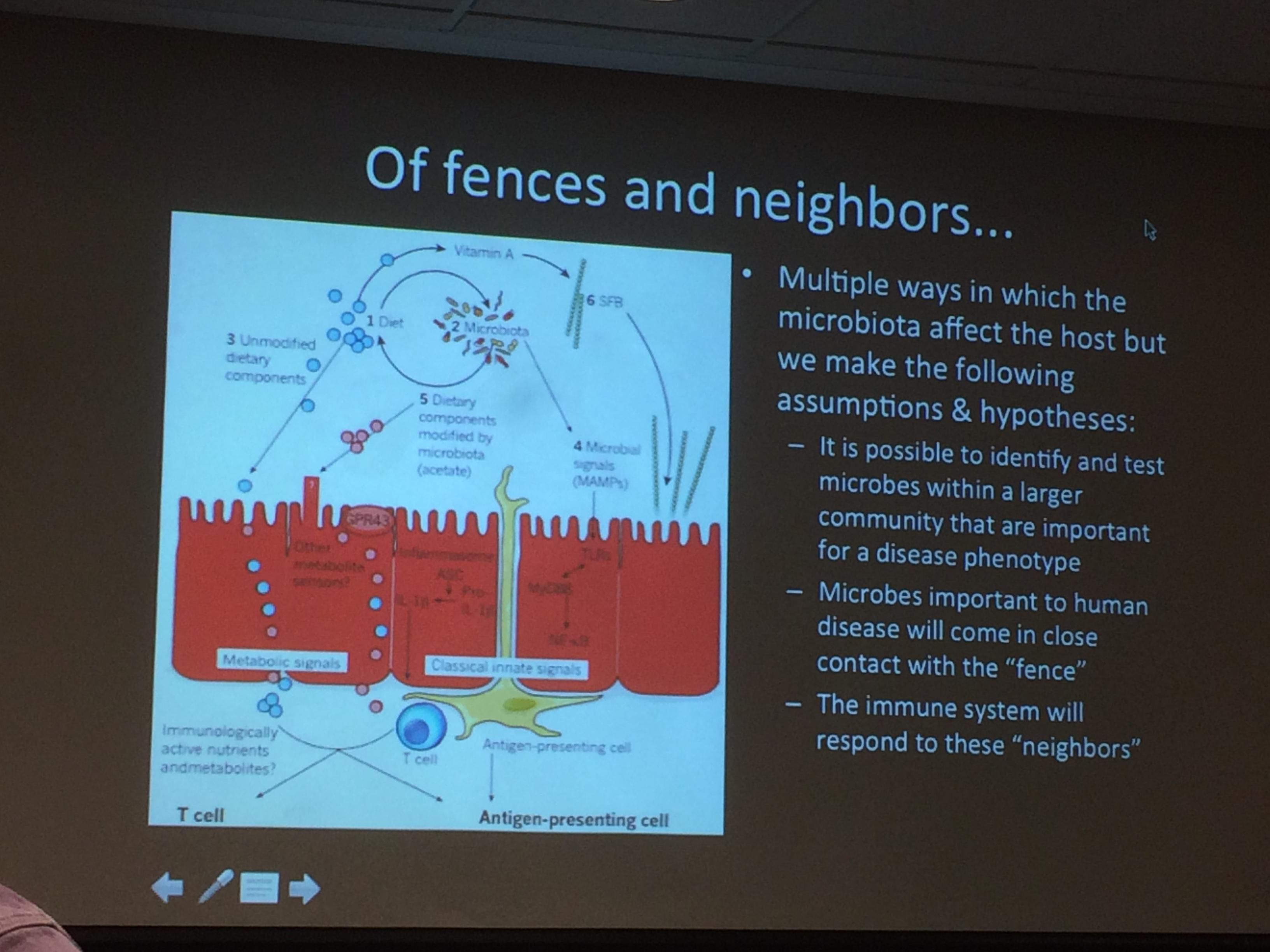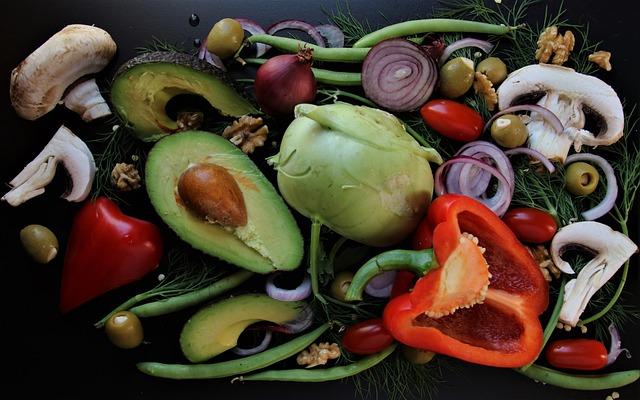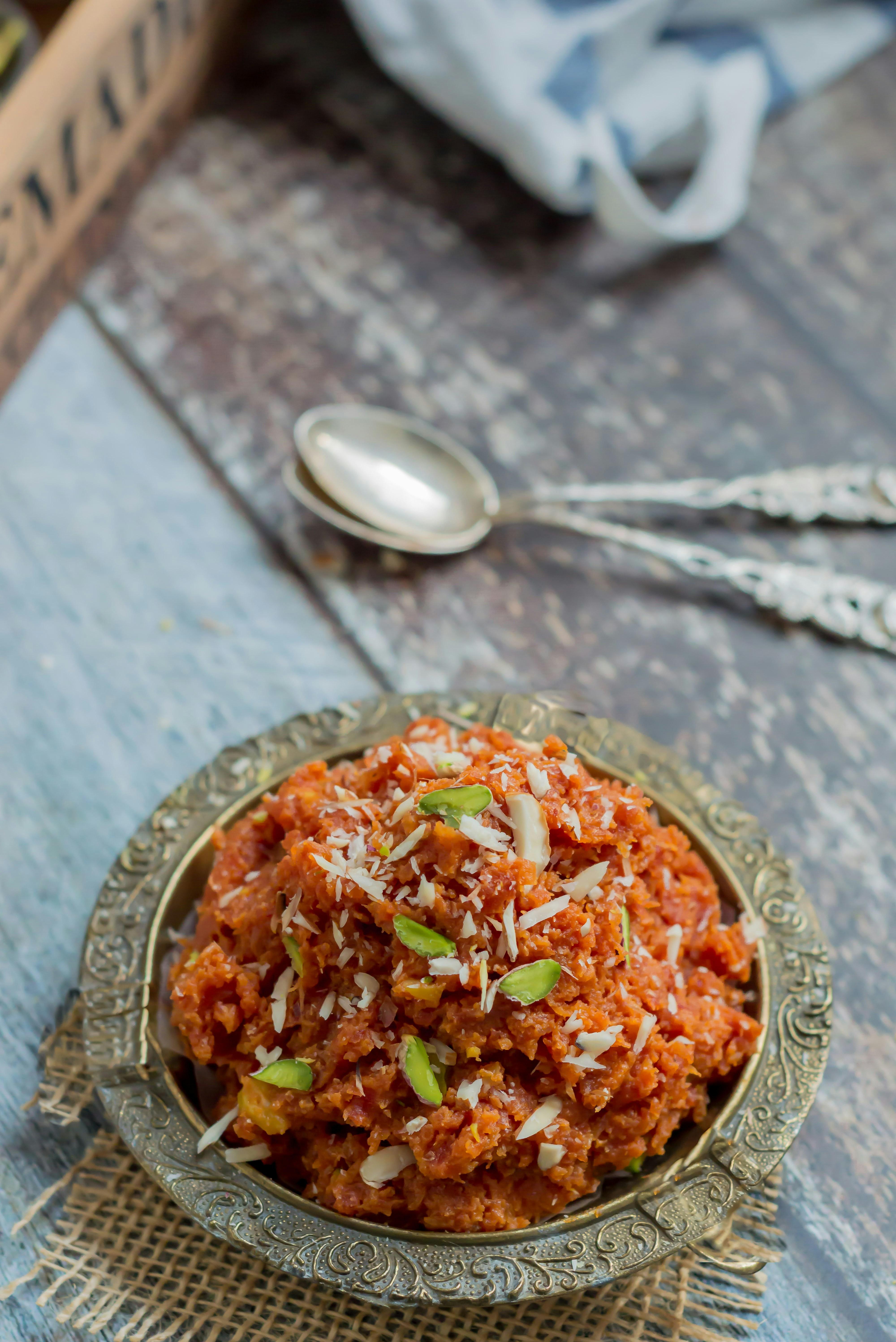In the intricate tapestry of human health, the threads of nutrition and mental well-being are woven together in fascinating ways. As we navigate the complexities of modern life, the food we consume not only fuels our bodies but also profoundly influences our minds. Imagine your plate as a palette, each nutrient a brushstroke that paints the canvas of your mood and mental clarity. This article delves into the compelling connection between what we eat and how we feel, exploring the science behind diet’s impact on our emotional and psychological landscape. Join us on a journey through the world of nutrition and mental health, where every bite holds the potential to shape our inner world.
Nourishing the Mind: Exploring Key Nutrients for Mental Well-being
In the intricate dance between diet and mental health, certain nutrients emerge as key players. Omega-3 fatty acids, found abundantly in fish like salmon and mackerel, are renowned for their ability to support brain function and mood regulation. Similarly, B-vitamins, especially B6, B12, and folate, play crucial roles in synthesizing neurotransmitters that influence mood stability. Their deficiency can lead to mood disorders and cognitive decline.
Antioxidants are another essential component, offering protection against oxidative stress which can impair brain health. Foods rich in vitamins C and E, such as berries and nuts, are excellent sources. Additionally, magnesium and zinc are vital for neurotransmitter function and have been linked to reduced symptoms of depression and anxiety. To support mental well-being, consider incorporating a variety of these nutrients into your diet:
- Leafy greens like spinach and kale
- Nuts and seeds for a magnesium boost
- Whole grains for B-vitamins
- Citrus fruits for vitamin C
- Dark chocolate for a dose of antioxidants and magnesium

Gut Feelings: The Role of the Microbiome in Emotional Health
Our gut is often called our ”second brain,” and for good reason. The intricate relationship between our gut microbiome and emotional well-being is a fascinating area of study, revealing how the trillions of bacteria residing in our digestive system can influence our mood and mental health. These microorganisms produce neurotransmitters such as serotonin and dopamine, which are crucial for regulating emotions. An imbalance in gut bacteria may lead to mood disorders, anxiety, and even depression.
- Fermented Foods: Incorporate kimchi, yogurt, and sauerkraut to boost beneficial bacteria.
- Fiber-Rich Foods: Whole grains, fruits, and vegetables support gut health by feeding good bacteria.
- Omega-3 Fatty Acids: Found in fish and flaxseeds, these help reduce inflammation and support brain function.
By nurturing our gut health through a balanced diet, we may find a natural ally in maintaining emotional equilibrium. The emerging science suggests that what we eat doesn’t just fuel our bodies—it shapes our mental landscape as well.

Balancing the Plate: Dietary Patterns and Mood Stabilization
In the intricate dance between what we eat and how we feel, dietary patterns play a crucial role. Emerging research suggests that certain eating habits can significantly influence our mental well-being. A balanced diet isn’t just about physical health; it’s also about maintaining a stable mood. Foods rich in omega-3 fatty acids, such as salmon and flaxseeds, are linked to lower levels of depression. Similarly, whole grains, with their high fiber content, can help regulate blood sugar levels, preventing mood swings.
- Omega-3 Fatty Acids: Found in fish and seeds, they are crucial for brain health.
- Whole Grains: Help stabilize blood sugar and mood.
- Leafy Greens: Packed with vitamins that support neurotransmitter function.
- Fermented Foods: Yogurt and kimchi promote gut health, impacting mood regulation.
Beyond individual food choices, the overall pattern of eating matters. The Mediterranean diet, abundant in fruits, vegetables, and healthy fats, is often associated with reduced risk of depression. In contrast, diets high in processed foods and sugars may contribute to increased anxiety and mood instability. The key lies in finding a balance that not only fuels the body but also nurtures the mind.

Practical Eating: Crafting a Mood-Boosting Meal Plan
Designing a meal plan that nurtures both body and mind involves thoughtful choices that can enhance emotional well-being. Begin by incorporating foods rich in omega-3 fatty acids, like salmon and walnuts, which are known to support brain health. Adding leafy greens such as spinach and kale provides essential nutrients like folate, linked to mood regulation.
- Complex Carbohydrates: Opt for whole grains such as quinoa and brown rice to stabilize blood sugar levels and sustain energy.
- Fermented Foods: Include yogurt and kimchi to promote gut health, which is increasingly recognized for its connection to mental well-being.
- Lean Proteins: Chicken and tofu can aid in neurotransmitter production, influencing mood positively.
- Colorful Fruits and Vegetables: A variety of colors ensures a range of antioxidants, vital for reducing oxidative stress in the brain.
By mindfully selecting ingredients, you can craft meals that not only satisfy hunger but also contribute to a balanced emotional state, paving the way for a more resilient and vibrant life.





